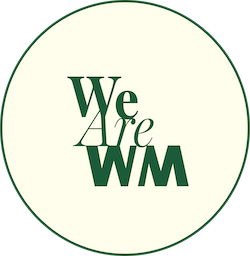R U OK?
As women, there’s often a perception we should be able to do it all. There’s so much pressure to have the dream job, a beautiful partner, glowing skin, a workout routine, a thriving social life, good sleep, great sex etc.etc.
And sometimes, it all gets too much. The brain fog creeps in, that feeling like you can’t catch a breath, catch a break.
Those feelings of failure, confusion, overwhelm.
The anxiety when you don’t have anything to be anxious about, so you’re anxious because you’re not anxious.
It can feel so isolating when you’re not feeling healthy mentally, but it’s important you know you’re not alone.
According to Beyond Blue, 1 in 6 women in Australia will experience depression and 1 in 3 women in Australia will experience anxiety at some point in their life. Unfortunately, there is still a lot of stigma surrounding mental illness and as women, we sometimes feel like our problems can be superficial, and not worth a professional's time.
The reality is - if you’re experiencing any sort of mental distress or have been feeling not yourself, it’s time to seek help.
That can come in many ways - whether it’s letting someone close to you know that things aren’t too good at the moment, or seeking the help of a professional. We should look at treatment for mental health the same way we look at going to the dentist or the hairdresser.
Mental care is a necessary and vital part of our lives, especially in the current world we live in, where everyday stresses can be exacerbated by the challenges of the global pandemic.
So where can you seek help? Here’s some places
● Headspace If you’re between the ages of 12 and 25, you can go to Headspace, which is a free service for young people and can help with mental health, physical health, including sexual health, alcohol and other drug services, and work and study support.
● Your GP can help you out with a Mental Health Treatment Plan, which is through medicare, which will see up to 20 sessions covered, or partly covered, with psychiatrist, psychologist, counsellor, social worker or occupational therapist.
● Your workplace check at work to see if your employer has an Employee Assistance Program, these can offer a number of free sessions with a counsellor for you to talk about anything from work stresses, to things going on in your personal life, to financial pressures. It can be challenging seeking help for your mental health, whether its hard opening up or you get knocked back by a health provider, it is definitely worth persevering.
By Laura Meachim


